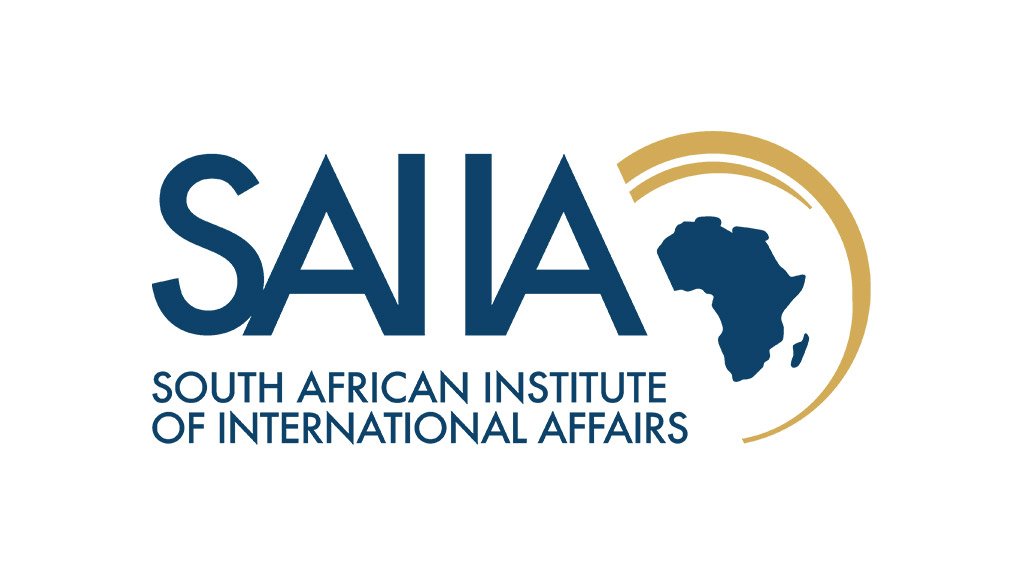In his mid-term budget speech last week, Minister Pravin Gordhan made some bold claims about infrastructure spending – R300-billion for transport and logistics projects, R240-billion for the energy sector and R137-billion for water and sanitation.
In times of economic distress, such as South Africa is clearly currently finding itself, governments tend to invest heavily in infrastructure. This is because infrastructure plays a central role in economic growth and poverty reduction by promoting greater productivity, increasing trade, reducing the cost of doing business and creating jobs.
Typically, such infrastructure expenditure is channelled through multilateral development banks. These banks play an important role in reducing Africa’s infrastructure financing deficit, projected to be an enormous $100-billion per annum over the coming decade.
In South Africa, the Development Bank of Southern Africa is the key domestic financier of infrastructure among development finance institutions. It competes and cooperates in the infrastructure landscape with other development banks, such as the World Bank and the African Development Bank.
The recent establishment of the New Development Bank (NDB) by the BRICS group of countries brings to the market an additional competitor and potential co-financing partner. Considering that South Africa is one of the initial five countries providing capital to the NDB, South Africans have a vested interest in the sustainability of the bank to safeguard its capital, but equally to promote economic development.
The New Development Bank was not set up to displace or replace traditional development banks. Instead, it will employ a similar model as these established institutions: by leveraging paid-in capital from their members through international debt markets, development banks are able to secure additional capital relatively cost-effectively, to be extended to borrowers at low interest rates with long maturities.
However, the NDB will aim to work more efficiently. Having approved its first loans earlier this year, the Bank is actively soliciting inputs on how to do so.
A new study from the GEG Africa programme in response to this request has highlighted how established multilateral development banks such as the AfDB are increasingly struggling to find clients to borrow from them, partly due to their own inefficiencies. This unresponsiveness is generally attributed to extensive and onerous loan approval processes, the employment of financial management systems client countries are unfamiliar with, and stringent environmental and social safeguards that delay project implementation and causes frustration.
To be fair, a key focus of multilateral development banks is to ensure that projects they finance have significant positive development impacts, hence the need for due diligence on their part. For too long many countries and development banks have placed excessive emphasis on ensuring financial and technical feasibility of projects, without due consideration of the environmental and social impact that infrastructure projects could have. When properly carried out, environmental and social assessments ensure, for example, that when a new dam is constructed, the effects on local communities of the project and/or the resulting environmental degradation are mitigated or minimised.
Nevertheless, countries maintain that traditional multilateral development banks are overly bureaucratic and inefficient. In the AfDB, for example, decisions to approve or deny loans were for a long time not made at country level, but rather at the Bank’s headquarters in Abidjan – and this caused unnecessary delays. Equally, it has been suggested that the Bank was understaffed and available staff were overstretched, resulting in further delays. The loan process itself, requiring more than 20 formal review and approval steps, is also considered both overly bureaucratic and inflexible.
Equally frustrating to borrowers have been the unique financial management and procurement processes that development banks typically impose on borrowers, despite similar existing domestic processes already in place.
One area where the AfDB has received both praise and criticism has been the way in which it has dealt with countries facing rapid exogenous shocks or domestic crises. Praise has been given specifically for the AfDB’s prompt reaction in intervening in crisis situations, especially where high-level political leaders have become involved. Criticism, however, has been directed at the manner in which the AfDB responds operationally to these crises. For example, the approval and disbursement of ‘emergency’ funds often takes more than a year to materialise.
If the NDB wants to meet its stated objective to fund infrastructure in developing countries and to ‘meet the aspirations of millions through sustainable development’, while maintaining its financial stability, it would do well to learn from the experiences of existing banks. It should aim for speedy loan approval processing times, avoid inefficiencies by making use of the domestic processes in loan-seeking nations, and use its technical expertise to help implement projects once they are financed.
In this way, it can chart a new way forward without repeating some of the same mistakes of its forbearers.
Written by Cyril Prinsloo, Researcher in the Economic Diplomacy Programme at the South African Institute of International Affairs.
EMAIL THIS ARTICLE SAVE THIS ARTICLE
To subscribe email subscriptions@creamermedia.co.za or click here
To advertise email advertising@creamermedia.co.za or click here











